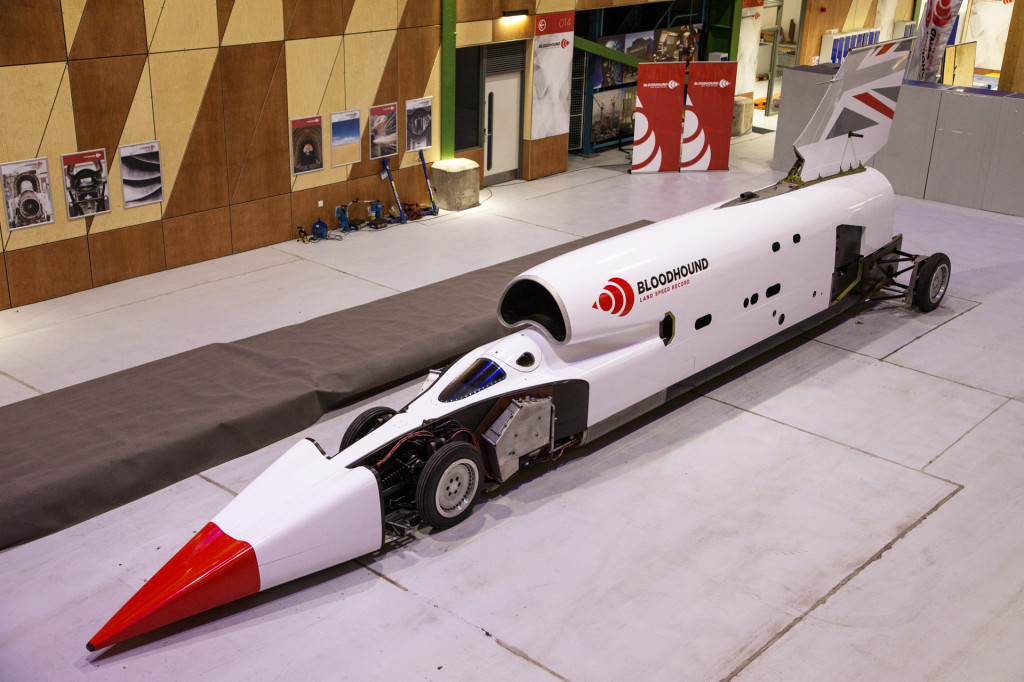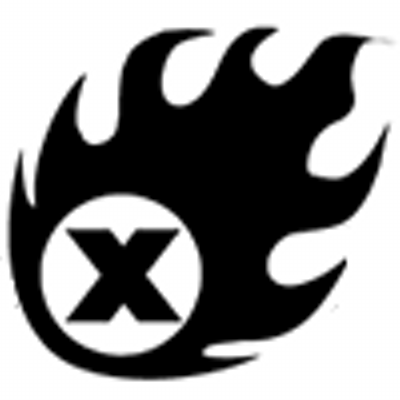The Honda NSX NA1 arrived in 1989, upset the applecart, stayed for 16 years, then left behind an iconic status like no other. What’s it like to drive one today though?
Ask any petrolhead about legendary Japanese cars and I guarantee the NSX will feature on the list. And, depending on how old you are, the Honda NSX NA1 will appear higher and higher up on that list.
Wherever you drive the NSX you’re treated with respect. It’s odd. So, let me explain. You see, if you’ve ever had the luxury of driving a flash car, particularly a supercar, you’ll know that 90% of other drivers will think you’re nothing more than a flash bastid. No matter what you think behind the wheel, the people looking at you are simply judging you for being flashy. But the NSX, it’s different. OK, today calling it a supercar would be hard pushed, but in 1989, this was THE everyday supercar. That’s what Honda set out to build and that’s exactly what they did. The NSX demands your attention but brings with it nostalgia that’s universally loved.

It’s a special car this, there’s no two ways about it. Finished in Formula Red, it has that air of Ferrari about it, and to be frank, if you were clueless about cars you’d probably assume it was an old Ferrari. It sits beautifully low, but the body is very long. The engine is mounted just behind the driver’s seat and pours the most delectable sound into the cabin when you trickle through the rev range. Delightful, not intrusive, it add to the whole experience.
You guys know the story by now. New Sportscar eXperimental was the project header, hence the name NSX, and it combined a passion for building a light sports car with brilliant chassis dynamics, coupled with strong power as well as everyday usability and reliability. From where I’m sat, even today, Honda absolutely nailed the brief.

Honda NSX NA1 – The Drive
This particular car is fitted with the F-matic automatic transmission – I thought I’d get that bit out of the way first – so go ahead, boo and hiss, but please read on. I was lucky enough to receive the NA1 NSX immediately after having the NA2 for a week, which presented a brilliant opportunity to compare the two directly. And thankfully, the NA2 was a manual, which helps comparisons even further.
Sadly, though, the automatic transmission kills every piece of driver involvement you could want in an NSX. You feel disconnected from the drive as the gearbox takes an age to slot into gear, whether that’s up or down the ratios. Pin the throttle and you could have your lunch before it decides to drop into second and onto VTEC. It’s sad because I know that this car perfectly balances involvement and performance in manual iteration. I felt myself shaking my head on more than one occasion, it’s sad that a transmission can completely disrupt the way the NSX drives.

You can take control of the gears, although that’s not with wheel-mounted paddles, but instead the old-fashioned way of manually selecting a gear and locking it in with the aeroplane-style drive selector. This improves your involvement slightly at least, and drastically improves performance. Using the gear selector, you can get the car to work with you and finally feel what the 3.0-litre V6 can actually do. It’s not a slow car by any means, and this is all the more apparent with selecting the ratios, although at times they can be far too long for their own good, mainly because that auto is just four speeds.
Moving away from its foibles, there are many good parts to shout about here. The NA1’s steering puts the NA2 to shame, it’s loaded with feel and is much heavier in its operation than the later car. It helps the front end to feel sharper and more honed, which is odd given that you’d expect the later cars to improve upon the original. I’d go as far to say as the front end feels darty; eager to dive into the apex and out again. On the right road it felt natural and a series of corners flow together with a sense of fluidity. It just feels right. In fact, the best way to drive this car is to ride the brakes into the corner, use the gear selector to pinch second and get on the throttle early. The joy of limited torque is very little oversteer. You’ll push the nose out before the rear gives up the ghost.

The performance is strong, regardless of the gearbox. You get a nice shove as it transitions into VTEC around the 6krpm range. The tone changes, too, naturally, as the more aggressive cam takes over and it surges onwards. I must admit, I think I prefer the NA2s bored 3.2-litre engine. It adds a bit more eagerness and feels stronger no matter where you are. OK the gear ratios are shorter, which helps and, having not seen the power curve, I would hazard a guess and say that it makes more power everywhere as that is what it feels like from behind the wheel.
How about the day to day stuff? Well, rather ironically, this is where that transmission starts to make sense. I sit in a decent amount of traffic during my commute to and from the office, so having an auto is a luxury. It pulls itself through traffic smoothly with the gentlest of touches on the throttle. You have to remember that the NSX NA1 was designed to be comfortable, and that’s exactly what it is day to day. The cabin is roomy, the seats brilliantly comfy, and everything is within easy reach. Knock the Japanese for their use of cheap plastics inside all you want, at least we can actually reach all of the dials without moving forward in our seats! The cockpit is designed around the driver so everything is within easy reach. The seating position is nice and low so you start to feel part of the car. Couple that with the dynamics and the NSX is almost an extended part of you, the driver.

I guess that gearbox is actually a God-send day to day. I knocked it for its performance earlier, and still do, but sit in the traffic and you suddenly start to think that this really was the perfect everyday supercar that Honda set out to build all those years ago.
Verdict
Forget about the automatic transmission for a moment and the NSX delivers brilliance, even today. It has enough pace to do away with the usual hot-hatches, but does so with such elegance. The pop-up headlights add to its nostalgic look, and those elongated lines and low front end all point towards a serious supercar. But that’s not what the NSX is about. It’s more than just a supercar, it’s a piece of motoring hall of fame and should be treated so. No wonder prices lately have begun to climb at around £40k for a nice example, although Type Rs are comfortably over £100k. I just wish this one had a manual…

Source








